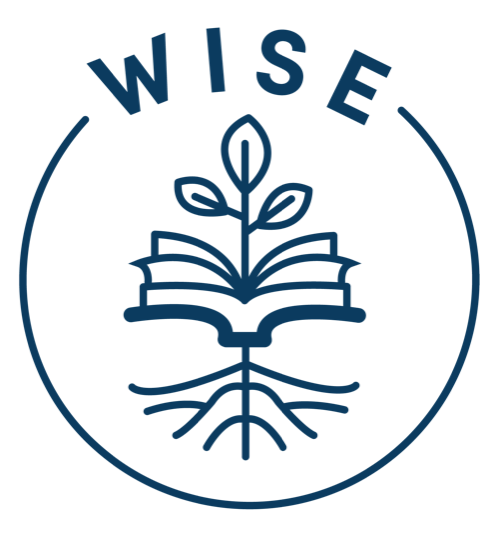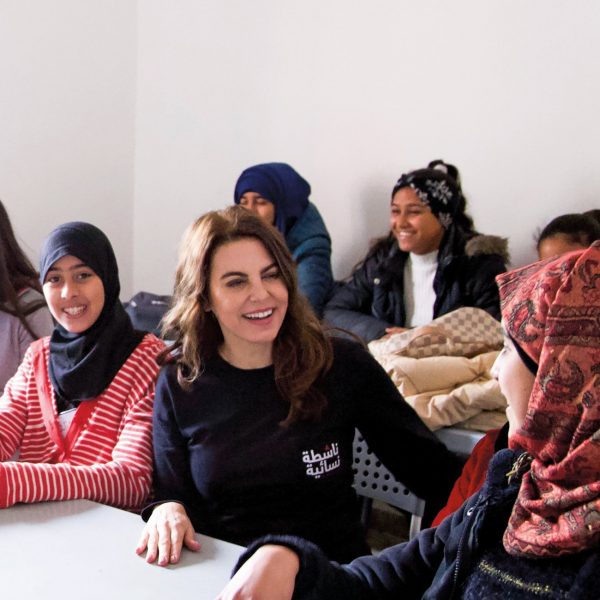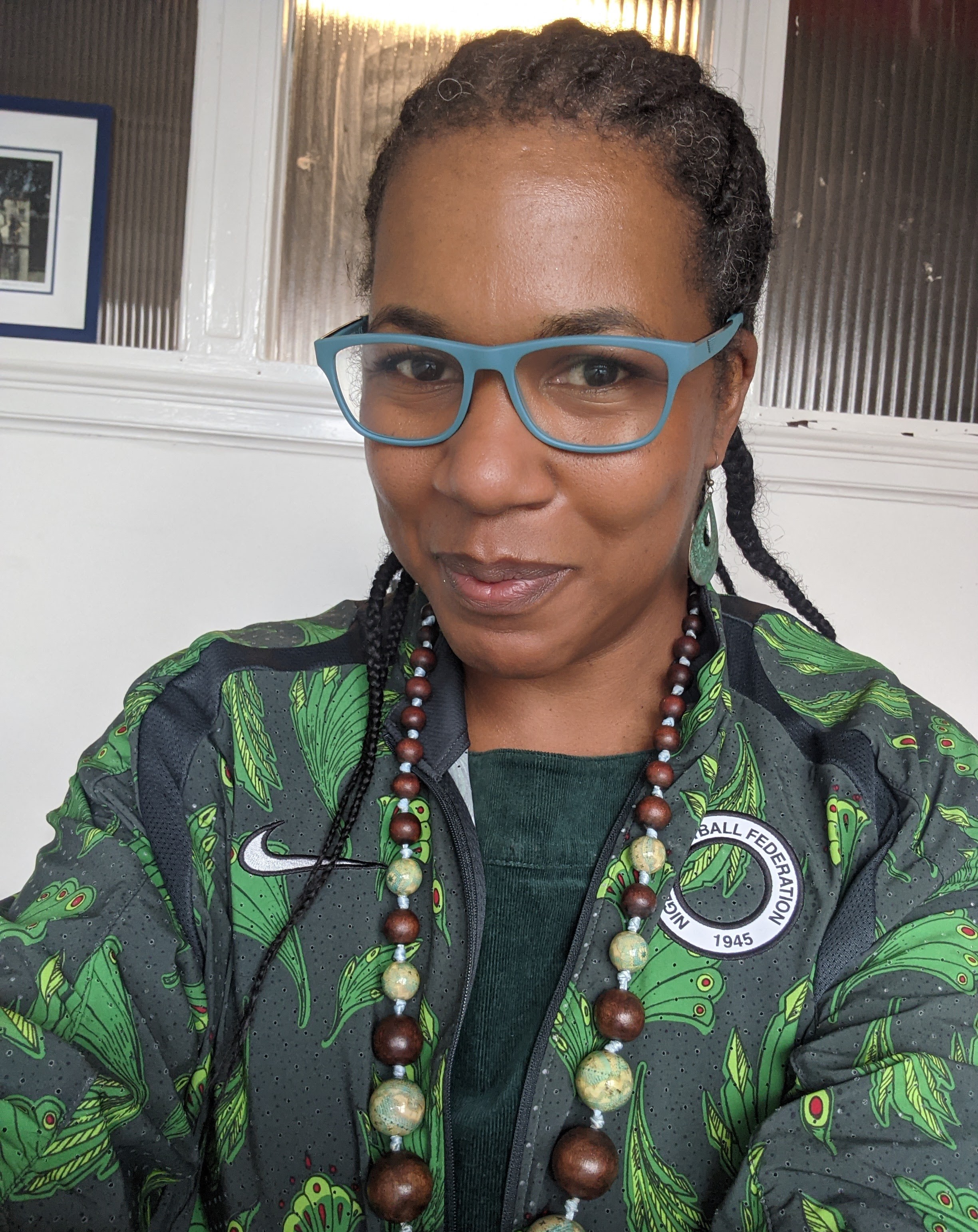Maryam realized many specialists in her field intervened too late, waiting for girls to become women and missing the opportunity to offer them support to avoid early marriage and stay in school. “I saw this [age group] being left behind in concerning ways. They were not represented in women’s rights movements, and children’s rights usually pertain to children under five years old,” Maryam explained. Additionally, girls and women lacked safe spaces outside school and the home that could positively contribute to their development.
In 2015, Maryam launched her organization “Project Soar” to pilot these safe spaces as a dedicated place for young women aged 13-18 to learn about themselves and understand the world around them. In the small village of Douar Laadam, 15 km outside of Marrakech, Morocco, Maryam launched the first Project Soar site with a dozen girls. Now, Project Soar has 53 sites across Morocco, Uganda, and Syria, widening horizons for thousands of girls in underserved communities.
Project Soar is enabling each Soar girl to be a leader and changemaker. The Soar solution is executed through specialized workshops consisting of five modules enabling teen girls to better understand their Value, Voice, Body, Rights, and Path – the 5 Pillars of Empowerment. As a Soar girl progresses through each module, she gains confidence, leadership, and knowledge of human rights.
The backbone of Project Soar is a structured, science-backed pedagogy with a holistic mind and body focus, harnessing the power of meditations and journaling. With the help of a network of local women or ‘empowerment facilitators’ trained to lead girls through the workshops, Soar girls achieve a new mindset and attitude about their prospects in life. By training local young women as facilitators, the Soar girls are able to evolve their ideas of what constitutes a leader, seeing young women be confident role models whilst also promoting co-creation.







